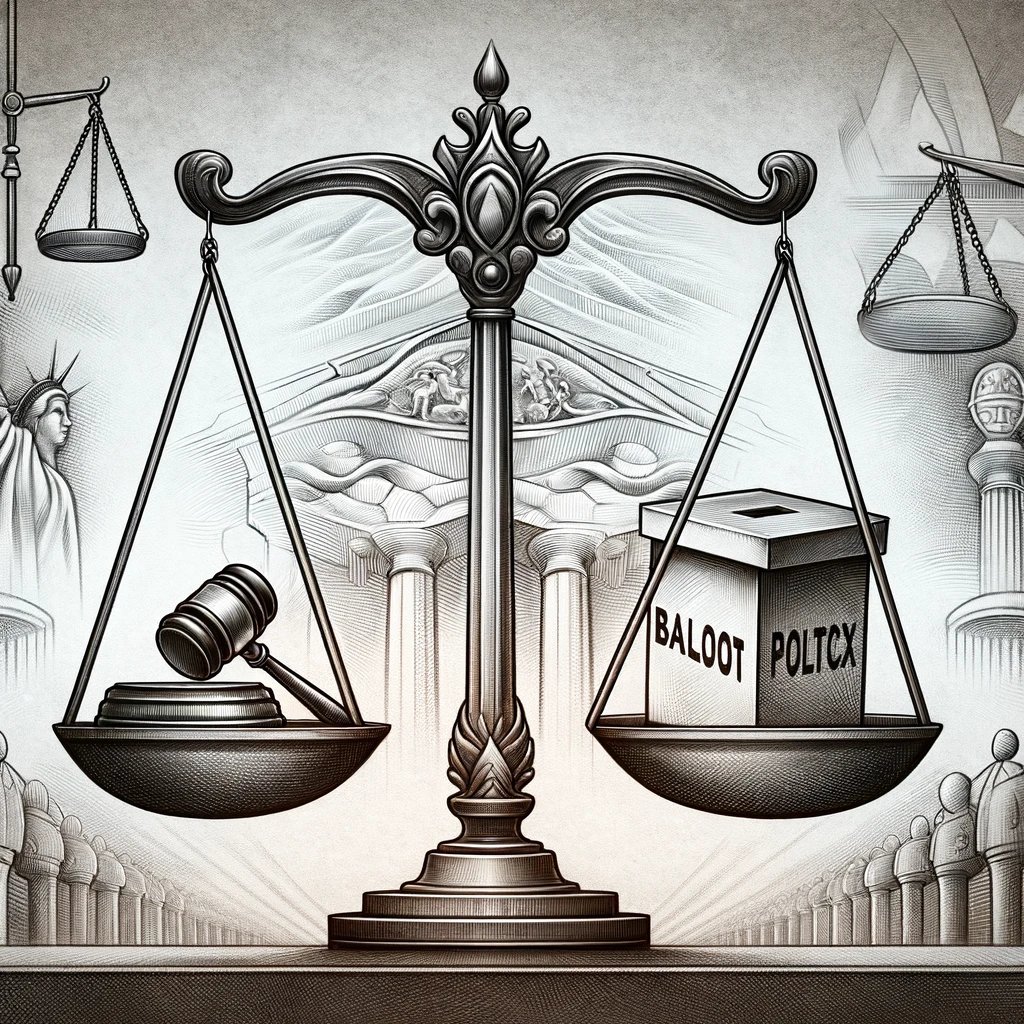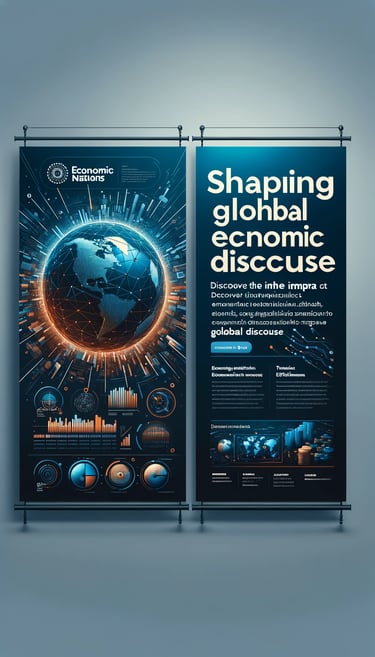Justice and Politics: Striking a Balance in the Heart of Democracy
GLOBAL GOVERNANCE
2/14/20243 min read






In the intricate dance of democracy, the judiciary and political spheres maintain a delicate balance, each wielding power that can profoundly impact the other. While much has been discussed about the political influence on judicial processes, it's crucial to examine the 360-degree view where justice also overreaches into politics. This comprehensive perspective reveals a complex interplay that can either fortify or fracture the foundational principles of democracy.
Political Influence on Justice: A Threat to Impartiality
Political pressures on judicial decisions undermine the very essence of justice, intended to be blind to anything but the facts and laws at hand. From countries where the judiciary is used as a tool to suppress dissent to those where judicial appointments are fiercely contested on ideological grounds, the sanctity of justice is compromised when it becomes a pawn in political strategy. The consequence is a diminished public trust in the judiciary as an impartial guardian of rights and laws, with justice perceived as a commodity that can be swayed by political power.
Justice Overreaching into Politics: A Question of Overstepping Boundaries
Conversely, instances where the judiciary appears to overstep its bounds into the realm of policymaking raise equally significant concerns. Courts, through their rulings, can indeed influence policy and indirectly shape political landscapes. Judicial activism, while championed for advancing rights and correcting legislative oversights, faces criticism for encroaching on the territory of elected representatives. The debate centers on the balance of power: should judges, appointed and not directly accountable to the electorate, have the authority to make decisions that have far-reaching political implications?
The Ripple Effects of Judicial Decisions on Political Processes
High-profile court decisions on electoral laws, redistricting, and the eligibility of candidates can directly alter political dynamics, sometimes leading to accusations of judicial overreach. In such cases, critics argue that the judiciary is venturing beyond its mandate of interpreting law into the domain of creating law, a space traditionally reserved for the legislature. This judicial influence on political processes can lead to a backlash against the courts, further complicating the relationship between law and politics.
Share:
Striking the Right Balance: Safeguarding Democracy
The key to navigating the intersection of justice and politics lies in maintaining a balance that safeguards the autonomy and integrity of both domains while ensuring they operate within their defined constitutional boundaries. Mechanisms for judicial accountability, such as judicial review committees and transparent appointment processes, can help mitigate concerns of overreach. Similarly, protecting the judiciary from political interference through secure tenure and safeguarding the principle of judicial independence ensures that courts can perform their essential function without undue pressure.
Who We Are:
The Economic Nations champions global unity through economic collaboration, focusing on sustainable growth, reducing inequalities, and enhancing global relationships for mutual prosperity and peace.


The Way Forward: Collaboration for a Healthy Democracy
A healthy democracy thrives on the constructive interplay between its political and judicial branches, with each acting as a check and balance on the other. Encouraging informed public discourse on the role of the judiciary, enhancing civic education, and fostering a culture of respect for the separation of powers are vital steps. By understanding and respecting the unique contributions of both the judiciary and the political realm, societies can navigate the complex dynamics at play, ensuring that justice and democracy complement rather than conflict with each other.
In sum, the relationship between justice and politics is inherently complex, with the potential for both conflict and cooperation. By embracing a holistic approach that acknowledges the potential for overreach on both sides, democracies can work towards a future where justice serves as a cornerstone of a fair and equitable society and politics as the arena for expressing the will of the people.
(With AI Input)


Contacts
enquiry@economicnations.org
(xx) 98-11-937-xxx (On verification)
